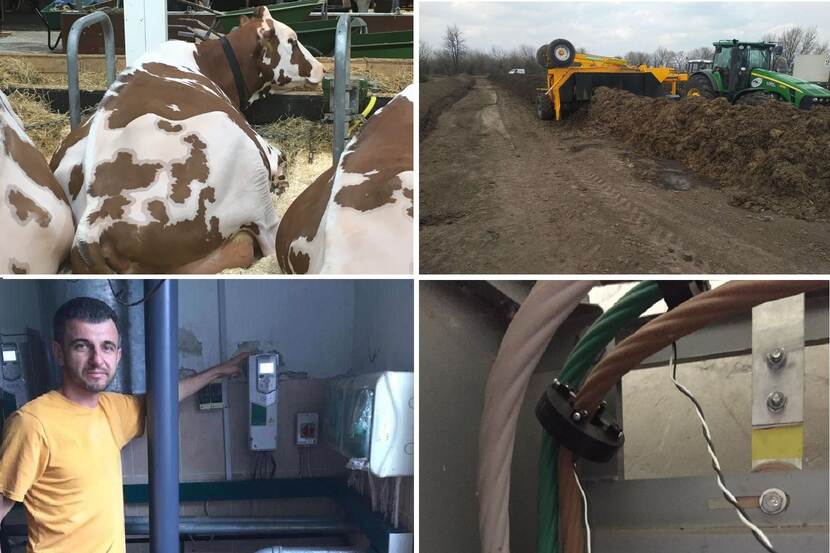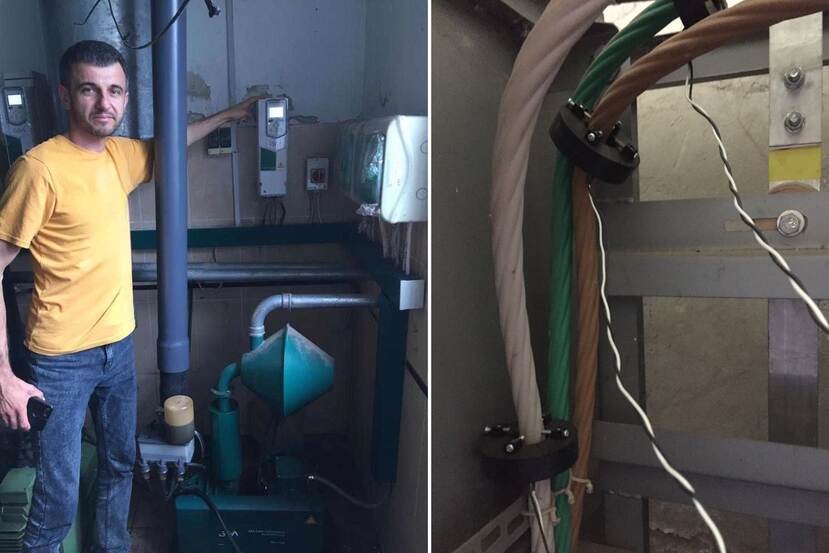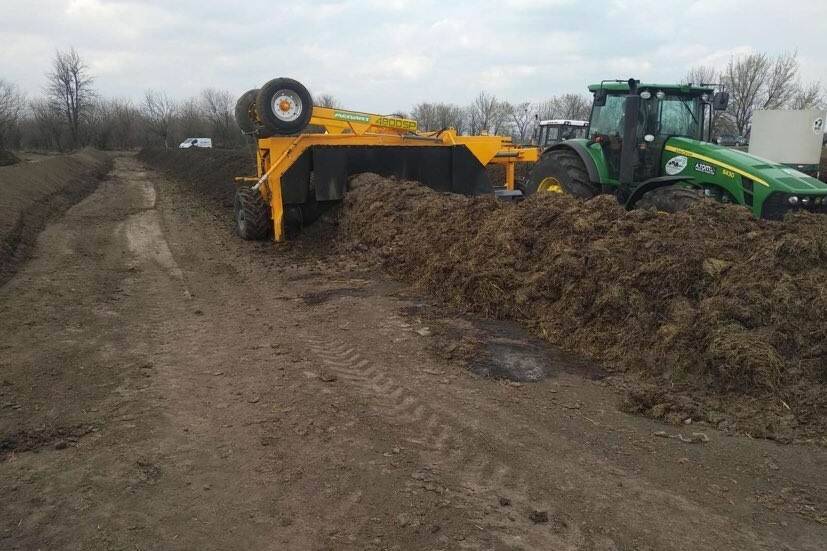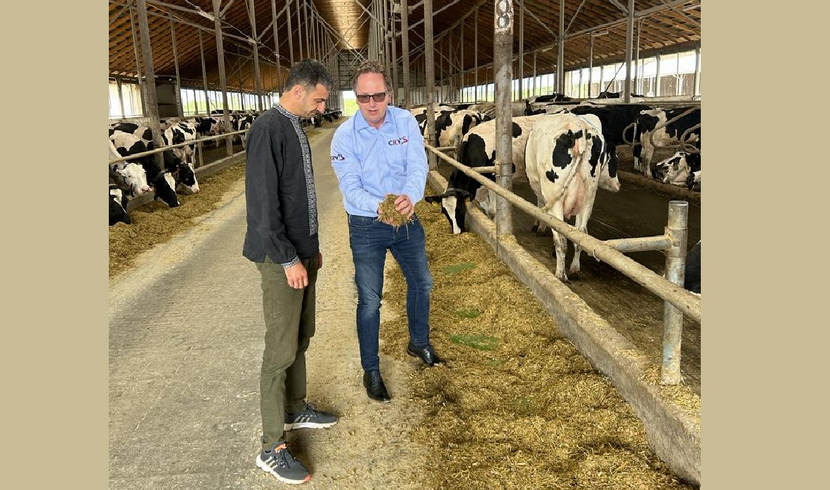Updates from Ukrainian farms and fields by PPS Dairy Ukraine
Energy efficiency, manure management and biogas production - current agenda for the dairy farms in Ukraine.

Energy efficiency
The farm in Chenigiv region shared their experience on following the advice of PPS Dairy Ukraine and installation of a vacuum regulator on their existing vacuum pump. The manager of a farm was very happy with this investment, because the energy bills became much lower. So the investment pays back fast and contribute to a lower energy foot print.

This farm is very focused on the energy efficiency and with the help of the system of Smart Maic they measure the use of electricity. With this data they can manage the electricity use right. The next step(s) foreseen are led light and efficient ventilation in combination with solar panels. Solar panels in combination with ventilators are great. Often the connection to the grid is limited and when solar panels produce a lot it is often sunny and then you also need to ventilate. So when you measure you needs, you can cover the peak needs with solar.

Manure management and opportunities
Manure management becomes another topic which becomes interesting for Ukrainian farmers. For more than 25 years of his active work in Ukraine René was promoting usage of manure as fertilize on the fields, however it was not very popular among Ukrainian farmers. To use it right farmers need to apply it in spring just before sowing. The distances are big and volumes are huge and time very limited, so it is a logistically complicated. Chemical fertilizers which are often in form of dry granulates are much easier to apply and transport. And of course long-lasting relations with the suppliers of fertilizers prevent famers from switching to use manure. At certain moment René gave up on this topic, not pushing it, so he was pleased to learn during his last trip to Ukraine that there is an interest from the professional dairy farmers to use manure as fertilizer.
Now the situation with high prices for fertilizer and the understanding that joining EU means that manure must be stored right and applied instead of being dumped somewhere created interest for this topic in Ukraine. There are lot of different options for manure management and its usage on the field. Several options such as composting are already practiced in Ukraine. Also some farmers use the traditional solution of storage of manure in lagoons and then spreading it by tankers or by drag hose. Especially the drag hose is a very suitable system for Ukraine, as you can pump large volumes to up to 10 km distance from the farm. Also the advantage of drag hose is less soil compaction, as you do not need to drive with heavy tankers in the field. There are Dutch companies that supply the equipment for manure application, such as Schouten Machinery. Also there are companies that deliver the foil for making lagoons, one of them is Wiefferink. The advantage of Wieffering is they provide lagoons that can also be used as gas storage / post digestor in case you decide in later stage to build a biogas station.
There is also great interest in biogas in Ukraine, both at farm level, but also on government level. Therefore it is good to look at systems that enable you to scale up to biogas as well. One of the key success factors for biogas out of manure is fresh manure. So a scraping system with central pipe is very useful. JOZ is the company from the Netherlands who supply these scrapers and pumps.
There is a lot of discussion about how to apply the manure, in the Netherlands it is obligatory to apply the manure in the soil, so Schouten and others deliver injectors, one special for grass and the other special for arable fields. However applying manure in the soil is killing soil biology. So farmers using regenerative agricultural practices prefer to spread small amounts and then on top of the soil.
Another option is to separate the manure in thick fraction and liquid fraction. The thick fraction contains mainly Phosphorus (P) and the liquid fraction mainly Nitrogen (N) and Kalium (K). P is possible to apply in autumn and the N and K during growing season. The thick fraction can also be used for bedding, it is cheap and very comfortable, but it should be managed right and carefully to avoid mastitis. If you have doubts about the quality there are also systems that do a heat treatment of the thick fraction to kill most of bacteria’s that could cause mastitis.

PPS Dairy Ukraine
To provide support to survival and reconstruction of the Ukrainian agricultural sector, RVO together with a group of Dutch Companies* in the dairy sector decided to cooperate and start a project to support the dairy sector in Ukraine. The project is focused on both immediate support and contribution to future development of the dairy sector and the EU accession, preparing for bigger projects funded by donors.
Read more about the project PPS Dairy Ukraine | Brochure | Agroberichten Buitenland
For more information please contact
René Kremers | Difco r.kremers@difco.nl;
Myron Pundor myronagro@gmail.com